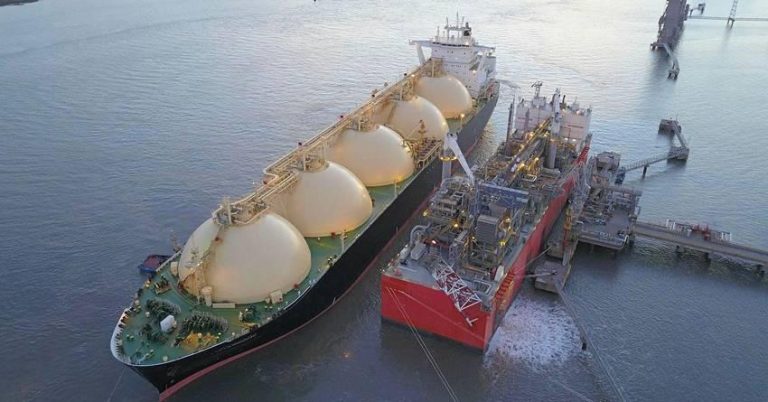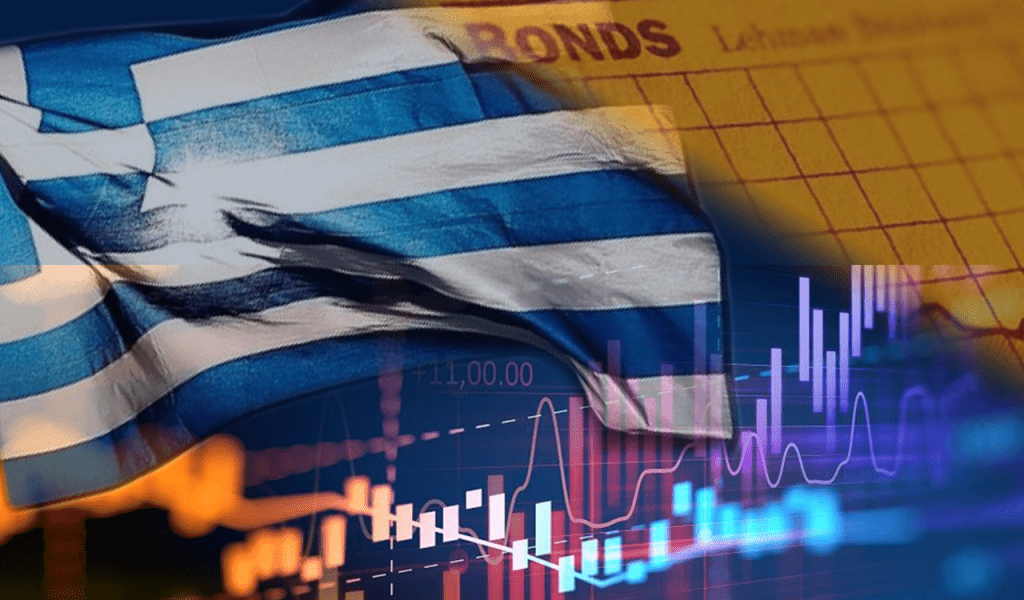The countries of the European Union, and especially those in the south, face an increased risk of stagflation, with Greece and Romania having the least flexibility to deal with such a possibility.
As Moody’s Investors Service reports in its analysis, the Russian invasion of Ukraine has increased the risk of stagflation, but the degree of exposure varies by country.
“The conflict has exacerbated underlying demand and supply issues and pushed inflation to levels not seen in the EU since the mid-1980s,” said Heiko Peters, VP-Senior Analyst at Moody’s. “A halt of Russian natural gas supplies would likely intensify these pressures. European Commission surveys suggest a further acceleration in inflation is likely in the near term.”
Credit risk
Stagflation would be credit negative but is not Moody’s baseline expectation for the EU. Moody’s currently forecast EU GDP growth of 2.5% in 2022 and 1.3% in 2023 and a deceleration in consumer price inflation (CPI) to 4.4% in 2023 from 6.8% in 2022. That said, we expect subdued growth and higher than average inflation over the coming two to three years, with risks to the downside in the context of the military conflict in Ukraine and its impact on the economy.
The stagflation scenario
A potential stagflation scenario is for a multi-year period in which inflation remains substantially higher than in recent decades while real GDP growth remains substantially lower, at zero or close to zero. To enter into a stagflation scenario in the EU, price dynamics could be sustained due to, for instance, higher-for-longer energy prices and second-round effects, which would slow economic activity further as firms and households revise their expectations upwards for inflation and downwards for growth. In addition, a growth-supporting fiscal-monetary policy mix could increase the risk of a stagflation scenario.
Based on a number of indicators that suggest differences in the exposures to engrained inflation, significantly lower growth and in the policy response functions, we see southern Europe most exposed to a stagflation scenario. The countries combining the highest likelihood to see transitory price increases become permanent and the lowest policy capabilities are Malta, Cyprus, Portugal, Slovenia and Croatia.
Although Italy, France and Spain are less vulnerable to inflation taking hold, already high debt levels, elevated floating-rate exposure and sizeable principal and interest payments over the next 12 months heighten risks. While Greece and Romania appear to be least exposed to a scenario of engrained inflation, their policy capabilities to combat a stagflationary cycle are among the weakest in the EU.
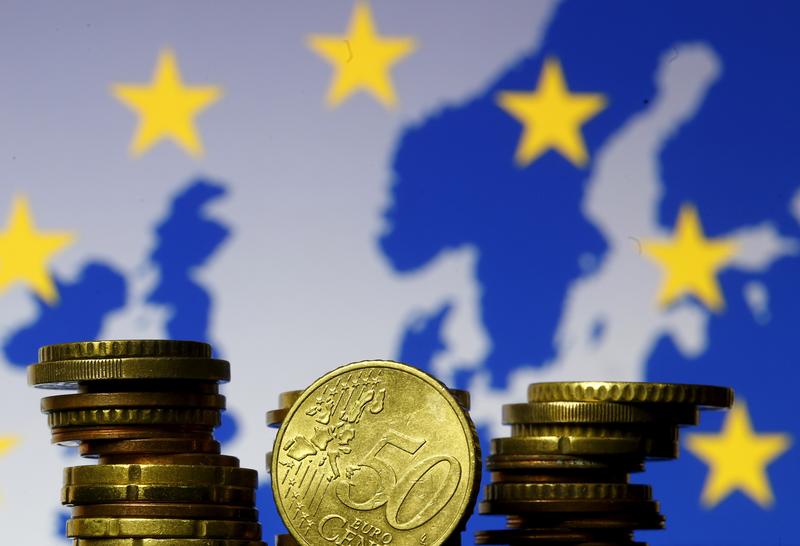


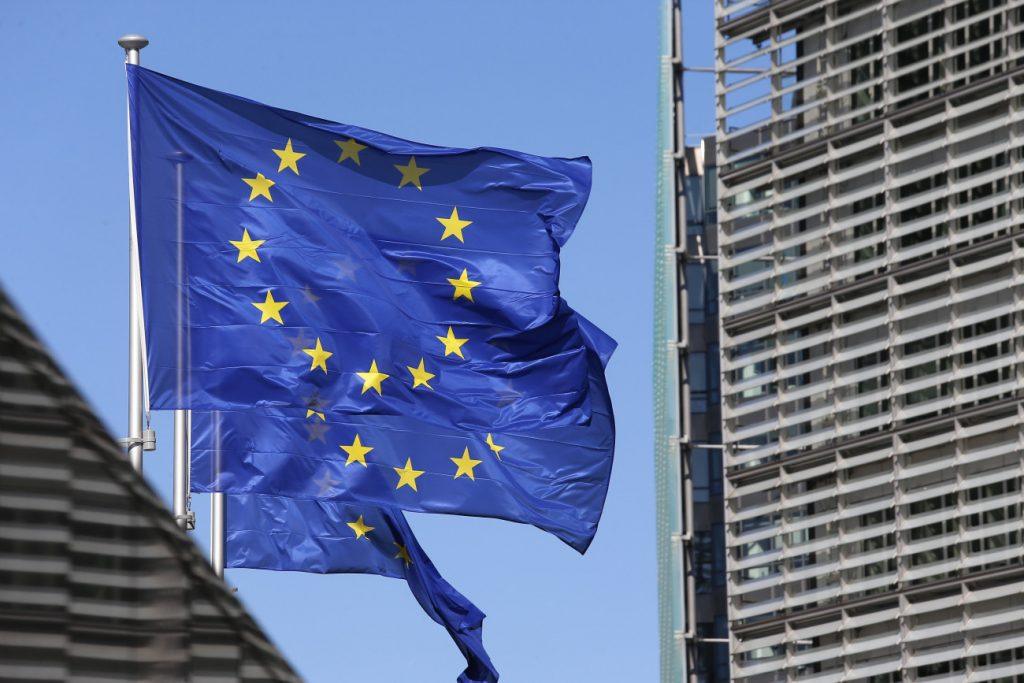
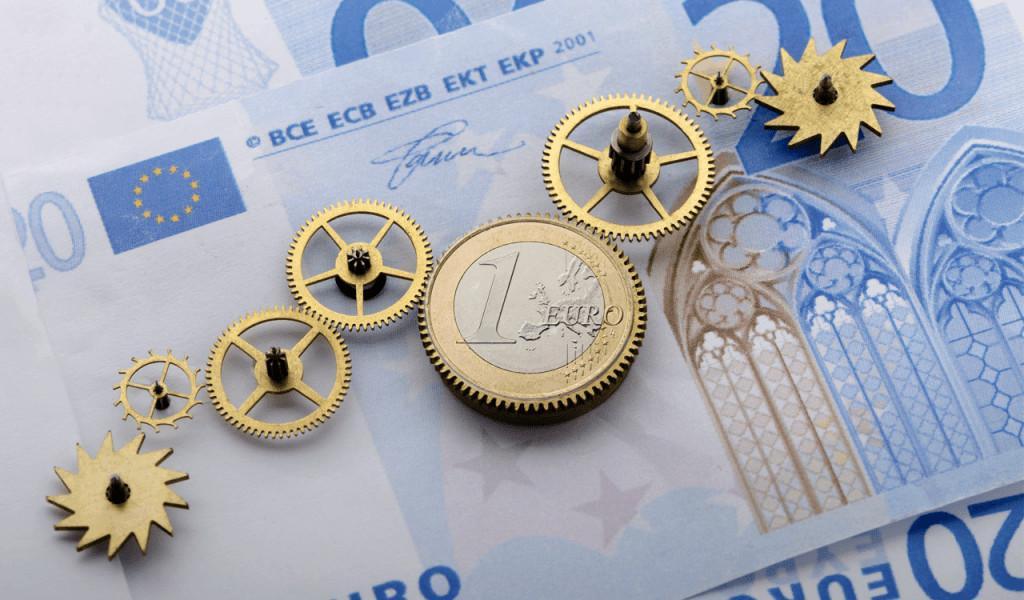

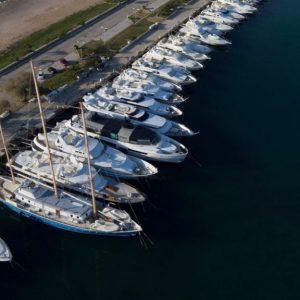
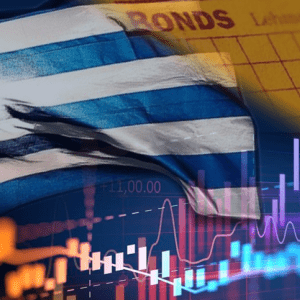

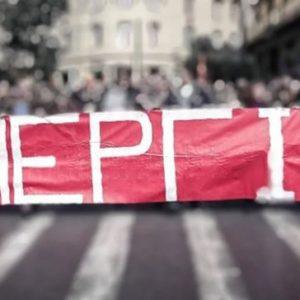








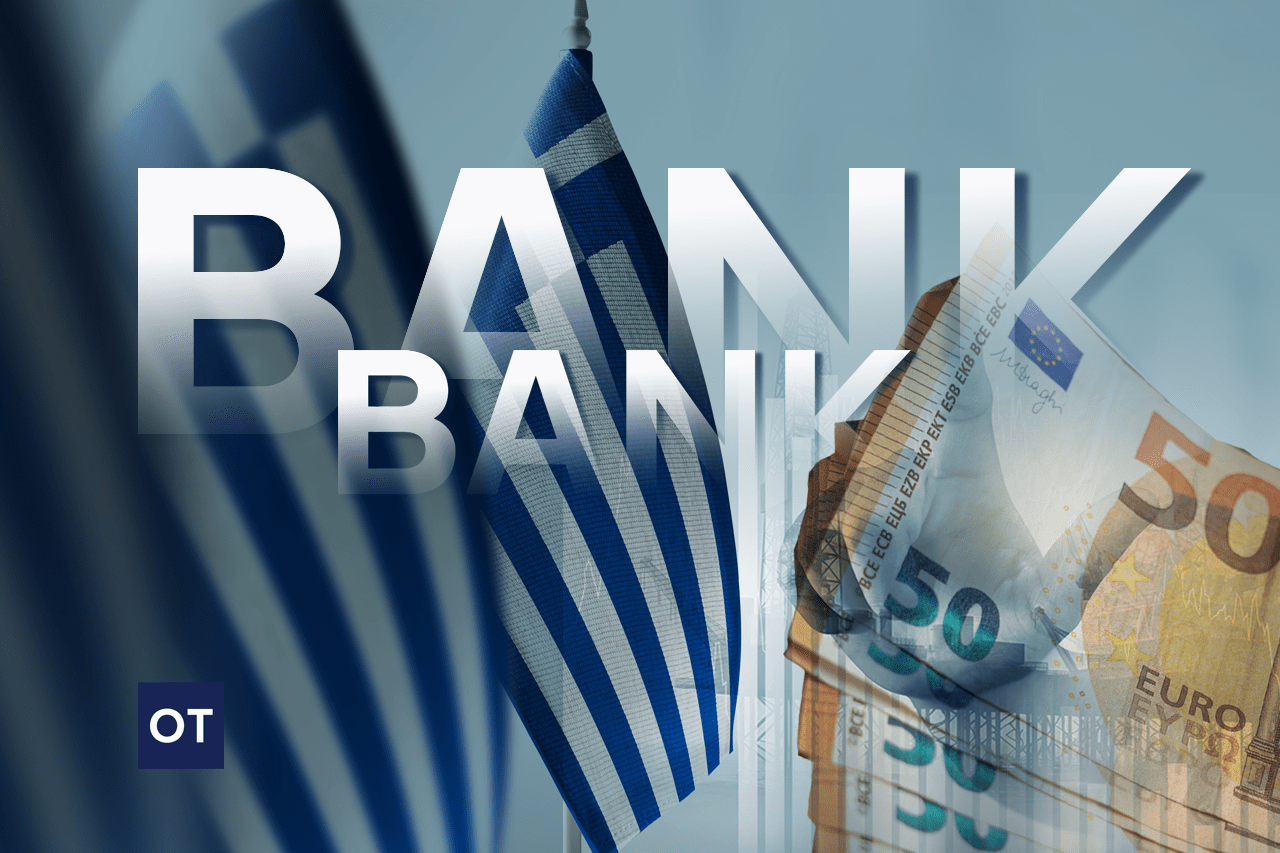
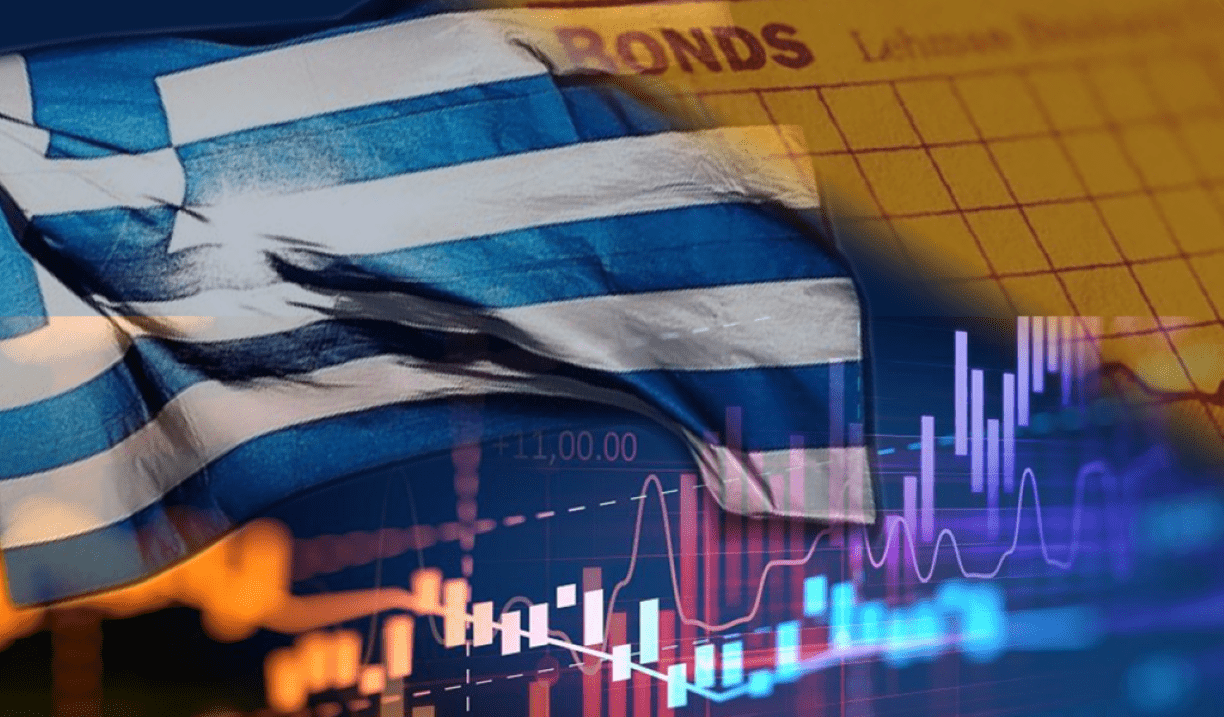



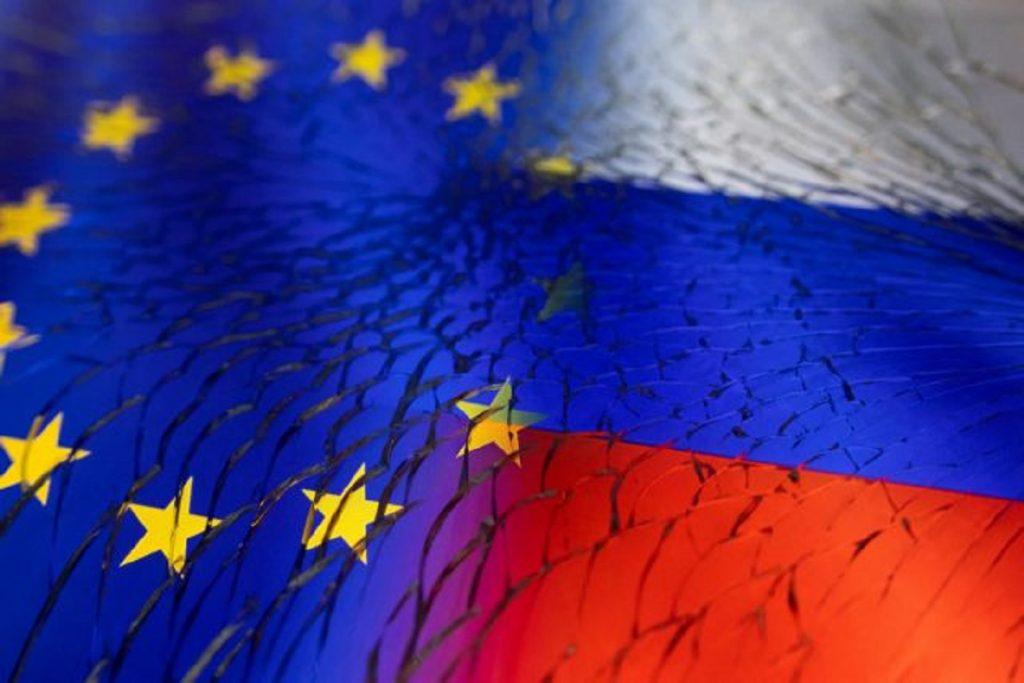



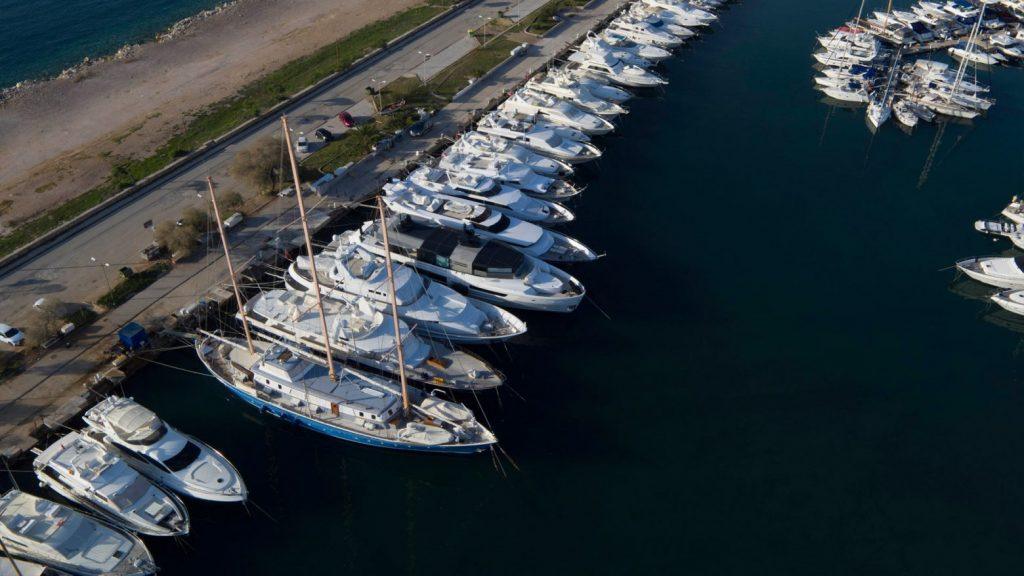
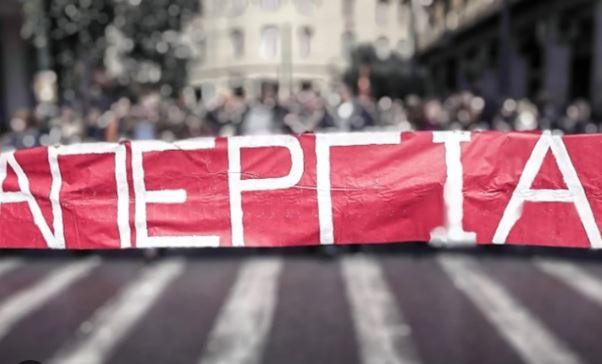
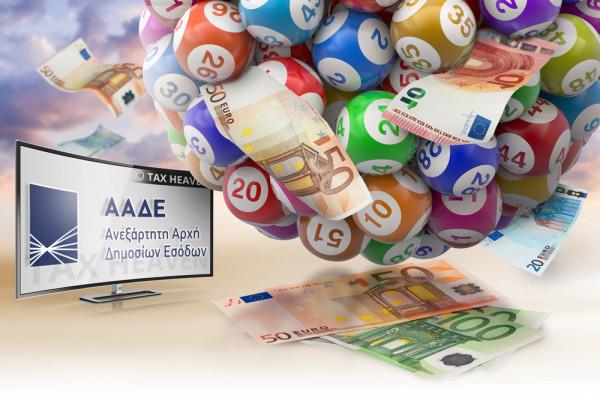
![Χρυσές λίρες: Πλησιάζει τα 1.000 ευρώ – Που πωλούνται στην Ελλάδα [πίνακες]](https://www.ot.gr/wp-content/uploads/2025/07/ot_lires25.png)

